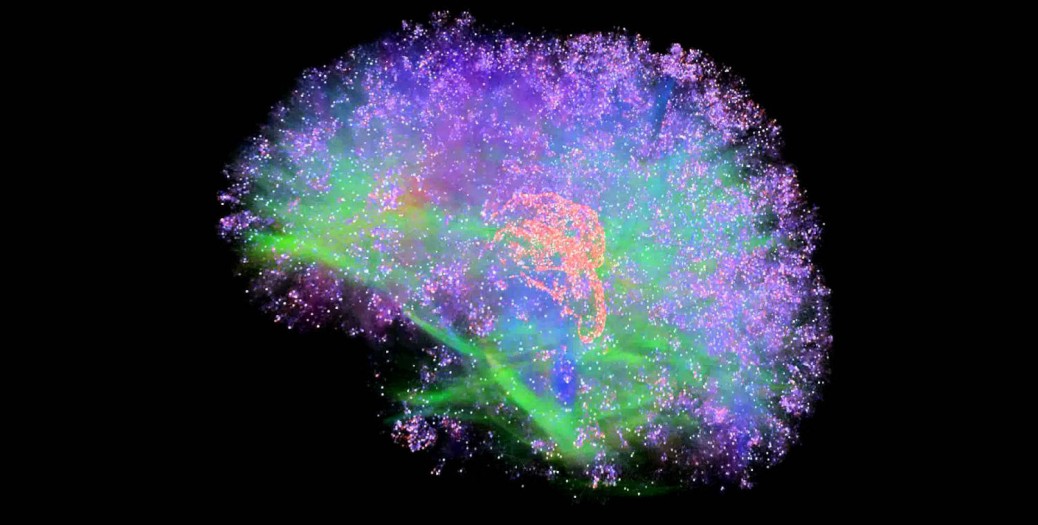Neti-Neti
I see you: you are on one side; I am on the other side. You are there, the one who is being seen; I am here, the one who is seeing. These are two entities. There is no way of dividing oneself into two so that one part sees and the other part is seen. Even if it was possible to divide, then the part that would be seeing is myself, the part that would be seen would not be myself. The matter is finished.
This is the whole process or methodology of the Upanishads: neti, neti – neither this nor that.
Whatsoever can be seen, say that you are not that. Whatsoever can be experienced, say that you are not that. You can go on stepping backwards, until nothing remains that can be denied or eliminated. A moment comes when all scenes are lost. A moment comes when all experiences are dropped – all!
Remember, all! The experience of sex is of course dropped; the experiences of meditation are also dropped. The experiences of the world, of love and hate are dropped; the experiences of bliss and enlightenment are also dropped. Only the pure seer remains. Nothing is there to be seen; only emptiness remains all around. Only the watcher remains and the empty sky all around. In the middle stands the seer, the watcher, who sees nothing because everything has been denied and eliminated that could be seen. Now he experiences nothing. He has removed all experiences from his way. Now he remains alone, the one who was experiencing.
When there is no experience, there is no seeing; there is nothing seen and there is no object to be seen, and the witness alone remains. It becomes very difficult to express in language what really happens because we have no other word except ‘experience’ in our language, therefore we call it ‘self-experience’ or ‘self-realization’. The word experience is not right. We say “experience of consciousness” or “experience of the Brahma, the absolute,” but none of these expressions are right, because the word experience belongs to that same world which we have eliminated. The word experience does have a meaning in the world of duality, where there was ‘the other’ too. Here it has no meaning at all. Here only the experiencer remains, the witness remains.
The search for this witness is spirituality.
Remember: the search for God is not spirituality. In the ancient yoga sutras God is not discussed, not even mentioned. There was no need. Later, even when the sutras mentioned God, they called God a means in the journey of spirituality and not a goal. It is said God is useful in the spiritual practice, in the spiritual search, hence it is good to accept it, but it is only a means, a device, that’s all.
Buddha and Mahavira also denied God. They invented new devices. This device is not needed, they said. If God is nothing but a device, then other devices will serve the purpose as well.
But both Buddha and Mahavira cannot deny Sakshi, the witness. They can deny God, they can deny everything else, but when it comes to sakshi, it is religion. If there is no mention of the witness, understand it well that the whole thing has nothing to do with religion. Everything else is secondary. Everything else may be useful, may not be useful, there can be differences of opinion about everything else, but not regarding the witness.
Therefore, if some day in this world a science of religion is created, there will be no mention of God, soul or Brahma. These are all local matters – some religions believe in them, some do not – but the sakshi will certainly be mentioned because it is not a local issue.
There can be no religion without the witness. So the witness alone is the scientific basis for all religious experiences – of all religious search and journeying. And it is on this and around this sakshi that all the Upanishads revolve. All principles and all indicators are for pointing out the witness.
Tags: Awareness ignorance Indubitable Mine Neti-Neti Witness










